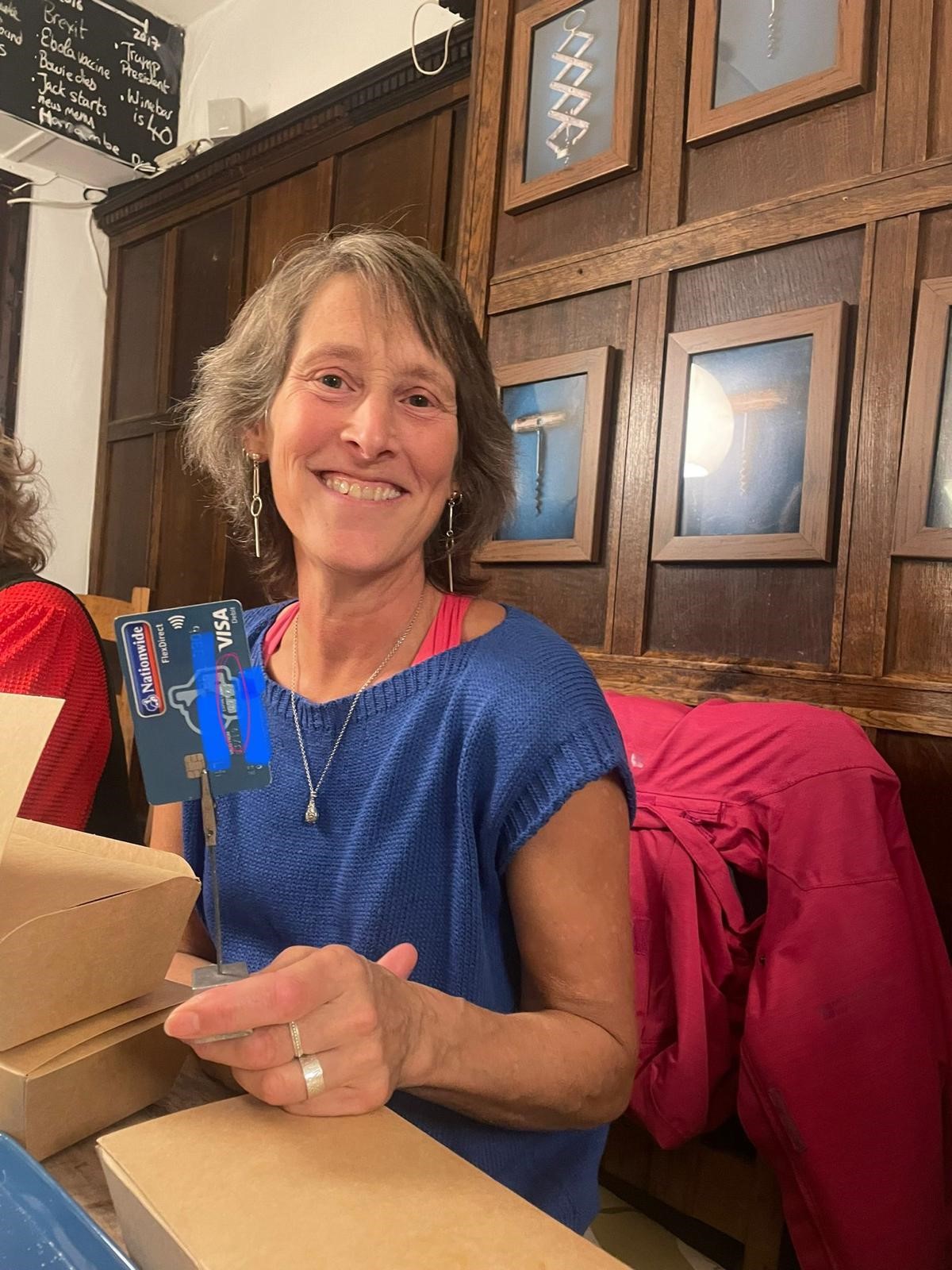
What price survival?
I think I’m officially a long-term metastatic breast cancer survivor. I mean I have just passed five years since diagnosis and when I looked up the average it was 3-5 years, so I figure I’m doing ok. BUT I am now on my sixth line of treatment and I’m not kidding myself that I have loads of options left. The NHS work on “treatment lines” – basically a protocol that clinicians have to stick to in terms of what they can do and in what order. I missed getting a treatment (Piqray) even though I might have been receptive to it, because when it got licensed for second line treatment, I had already had two lines, before it was available. I also might be receptive to Enhertu, but NICE have decided not to fund this for my “moderately severe” HER2-low diagnosis. So, I’m looking at my options.
I have some savings that I live off (from a pay-out when I was diagnosed and public sector pensions when I was medically retired). Could I afford to fund some treatments myself that aren’t available on the NHS? Could I ask my mum to free up some of my “prospective inheritance” to pay for some treatments? Obviously, these funds would run out after probably only months of treatment – but that’s still potential months of being able to live life, to help my young adult children a bit further along the road. But then they will inherit less – and perhaps that would be more useful to them in the long term. Crazy things to be weighing up, eh? Could I move to another country to access more treatment options? And none of this gives guaranteed results!
Don’t get me wrong, I am not poor. I have paid for many supportive therapies along the way (that aren’t provided by the NHS) and who knows they may have contributed to me generally being able to live well so far with this disease. And if it makes you “feel” better on any level then it’s helpful. Early in my journey, I looked for examples of people who had lived a long time with my diagnosis, and I found them – ten years, fifteen years, especially on social media. But then I have gradually realised that the vast majority of these people are already fairly privileged, and, in particular, many of them have private healthcare. This allows their clinicians to offer different and broader treatments, to be more creative with combinations and to offer supportive extras. Plus, they have the additional advantages of things like private rooms, one-to-one care, seeing the same doctor, access to physio, convenient appointment times. Things that NHS patients would dream of having. And then there’s the really annoying stuff, like they are “gifted” clothes, or therapies, even exotic holidays! Like we don’t all need them!
Survival might be mostly luck, but we know that stress exacerbates most situations. Not having to consider the cost of treatment and living a healthy supportive lifestyle is not a luxury many people have. I would love to see a comparison between private and NHS survival, but, given the other factors that surround the luxury of private healthcare I’m pretty sure (from a career in Public Health) that I know what it would show. You can live better for longer if you’re better off.
Who Really Cares?
Sarah Marshall
